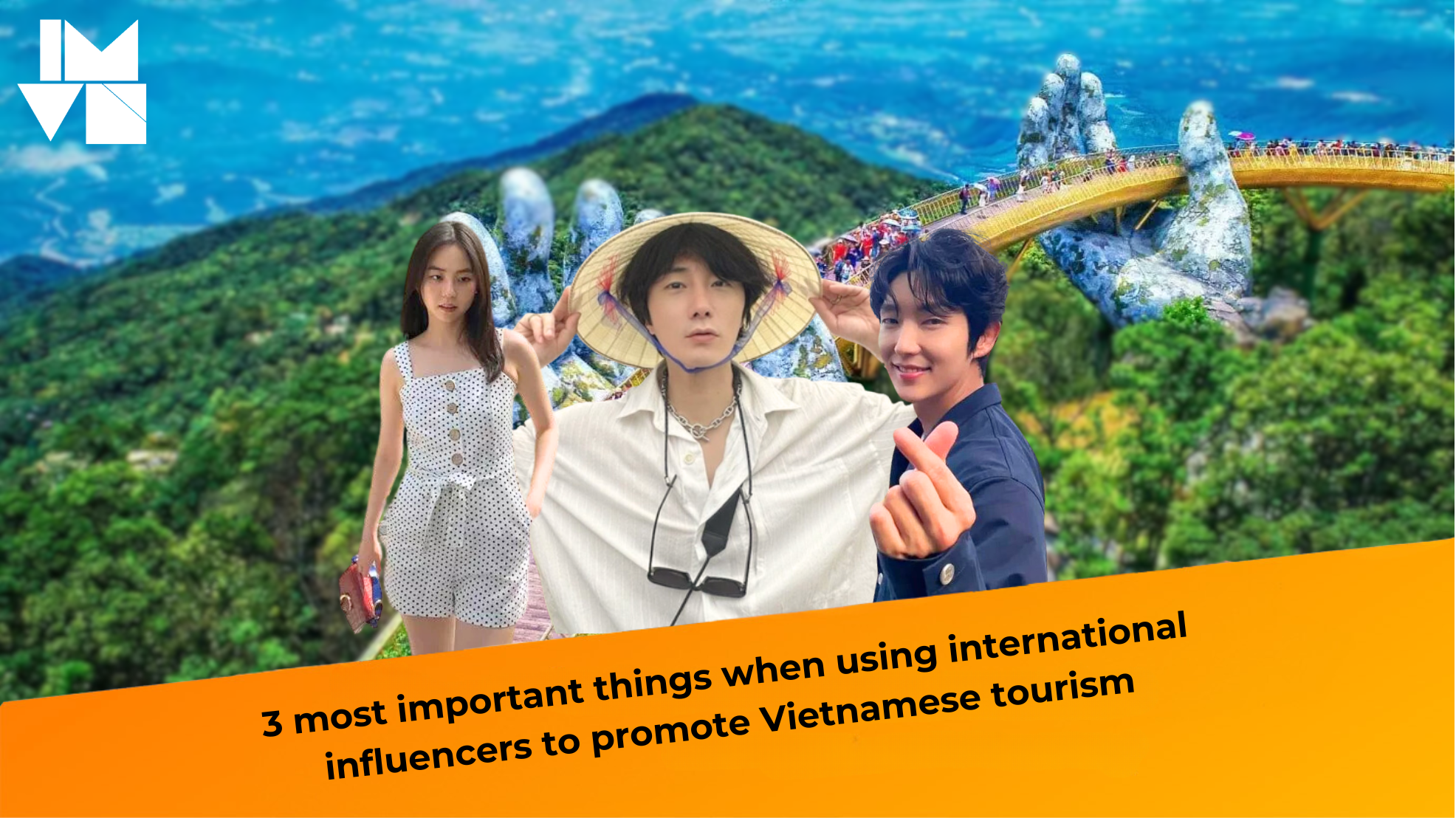Maintaining a carefully crafted online image is a constant battle. A single misstep or poorly worded comment can instantly tarnish that image. Therefore, controlling social media behavior is crucial for influencers and KOLs.
Remember the incident after the AFF Cup 2018 semi-final match? Facing harsh criticism, football player Hà Đức Chinh’s social media activity erupted, shattering his carefully cultivated “humorous and approachable” persona. His defiant comments, unbecoming of a public figure, spread like wildfire beyond football fans, reaching a wider online audience.

There were suspicions that these comments weren’t from the athlete himself but from a manager. The issue is that Facebook is a primary communication channel for influencers, and followers don’t necessarily care who’s behind the posts. People judge the “face” presented to them, regardless of who’s doing the “makeup.”
This issue is even more critical for professionals like engineers, doctors, teachers, and journalists, whose occupations significantly influence their followers’ perceptions.
A recent example involves a head doctor at a hospital who made public statements about a beverage brand. The doctor’s criticisms were compelling, presented in multiple parts, and included the brand’s response. However, this sparked counterarguments and evidence supporting the brand. We can’t determine who’s right or wrong here; let the experts handle that. But should professionals like this doctor consider the potential impact before using social media to launch public criticisms? Perhaps a private dialogue would be more appropriate. Statements from figures like doctors and journalists carry significant weight and can easily sway public opinion, potentially harming an inadvertently mentioned brand.
Speaking of image and influencer statements, remember when writer Vũ Phương Thanh casually mentioned Cocoxim in a post? The brand was bombarded with negative reviews shortly after. Despite not being a brand ambassador or receiving any incentives, her past controversial online behavior negatively impacted the brand she mentioned.
Clearly, a personal brand is an intangible asset with tangible consequences. Therefore, controlling social media behavior is paramount, especially for professionals like doctors, journalists, and nutritionists. Their words carry weight and influence public perception. Every phrase and statement should be carefully considered and supported by evidence.





